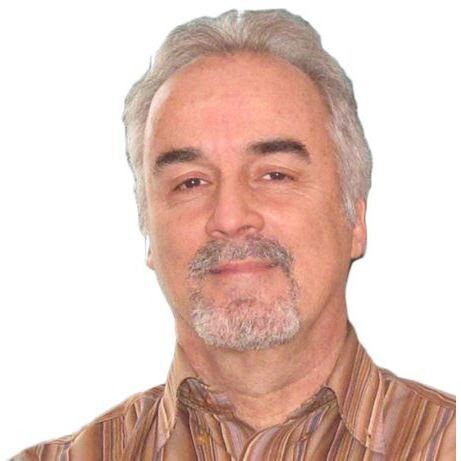A Pivotal Opportunity for Canada’s Knowledge Leadership — Global Science Advice Comes to Montreal
Author(s):
Paul Dufour

From August 30 to September 2, 2021, Quebec’s Chief Scientist, Remi Quirion, will be hosting the 4th International Conference on Science Advice to Governments, INGSA2021 — Build Back Wiser: Knowledge, Policy and Publics in Dialogue.
The conference, with the support of the Chief Science Advisor of Canada, Mona Nemer, will take place in Montreal. It will bring together more than 1,500 political representatives, diplomats and government science advisors to promote scientific expertise and the use of scientific knowledge in informing policy decisions in an increasingly complex world. Given the host’s work in French-speaking countries, a special part in the programme will be devoted for policy discussions centered on strengthening the science advisory capacity in la Francophonie.
It is the fourth such global conference since 2014 following those in Auckland, Brussels and Tokyo. INGSA’s mission is to provide a forum for policy makers, practitioners, national academies, and academics to share experience, build capacity and develop theoretical and practical approaches to the use of scientific evidence in informing policy at all levels of government.
The lineup of speakers and experts for the Montreal conference is a stellar one ranging from science advisors to government to next generation students of science advice.
Science advice has a new pivot point. Clearly, the responses to the pandemic and climate change crises have underscored the creativity and criticality of having sound evidence and reliable knowledge communicated effectively with the public around the world. To be sure, there has been considerable experimentation in the science and health advisory apparatus globally as we have seen within the evolving INGSA membership itself.
Many experts and organizations have come to the fore to illustrate why and how science and its advice matter to decision-making. Not all of it has been successful. The dialogue between scientists, the public and political officials has had its ups and downs. The knowledge community has learned that just stating facts about evidence and assuming it will be adopted is not always an easy road. And the polity has begun to understand that paying attention to the evolving research and science is critical but not the only input to strong leadership. Effective communication and trust remain the touchstones for this advice to have impact– and will remain so.
Leadership at all levels will matter. It is important to recall what Canada’s PM said during his first election campaign—“We will value science and treat scientists with respect.” Hopefully, whatever next leadership at the federal level is elected, it will continue to embrace this and support the knowledge and research community across the country.
Much has been made of our science and health advice and communicating it effectively with citizens. But, in the face of the new challenges, it is clear that our science advisory apparatus will need re-tooling and a new approach. It is certainly being reinvigorated elsewhere. So why not here in Canada?
For starters, we need to make the Chief Science Advisor’s role and status permanent and link it more closely to our elected leadership at all political levels, including the new cross-partisan House Science and Research Committee .
We need to install a publicly facing Council of Science, Technology and Knowledge Advice as mooted by the Naylor expert panel on fundamental science.
We need to grow the existing chief scientists’ circle within the federal government and we should be encouraging Canada’s Premiers to explore ramping up their own advisory apparatus. Indeed, the Quebec Chief Scientist (also overseeing three funding agencies), who is celebrating his 10th anniversary advising over several administrations, highlights how a well constructed advisory model can work—-with the right support and chemistry of key players.
Finally, we need to bring this capacity to the fore in designing a new, pan-Canadian science, knowledge and innovation strategy that responds to our citizen’s expectations, while significantly investing in discovery science and the next generation of researchers. And we need to ensure it is inclusive in all respects.
It’s not like we haven’t succeeded in constructing an effective country-wide science advisory capacity in the past— it existed in various forms. We just need to go at it with more dedicated focus as the pace and scale of science, society, and polity interfaces are multiplying.
More on the Author(s)
Paul Dufour
University of Ottawa
Senior Fellow, ISSP


